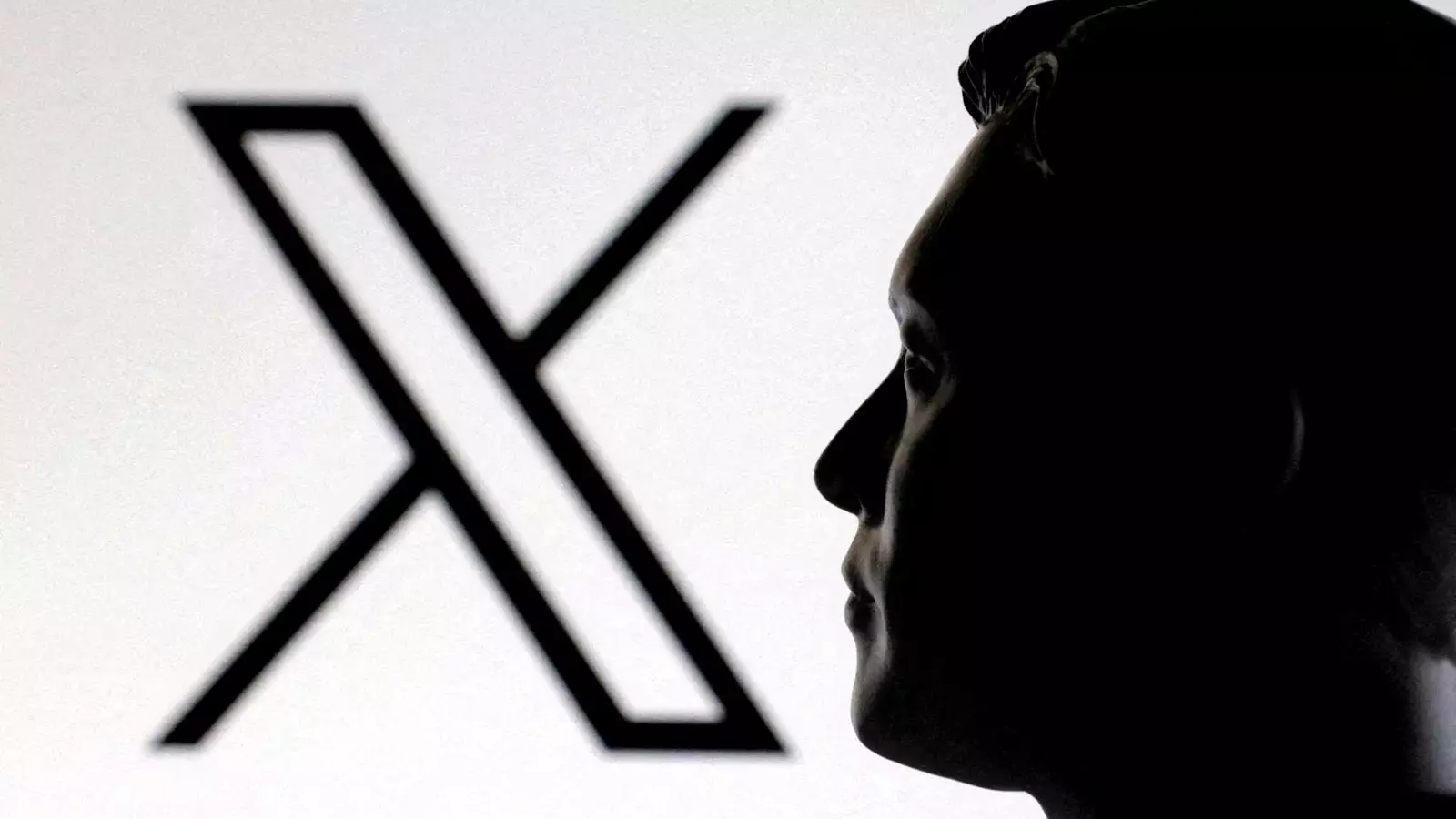The Online Safety Act has been heralded as a pivotal move to protect vulnerable populations, particularly children, from harmful online content. At its core, it aims to impose stricter regulations on platforms—be they social media giants or adult content providers—to foster a safer internet environment. However, beneath this well-intentioned veneer lies a troubling pattern: an encroachment on free speech and personal freedoms that may ultimately undermine the very safety it seeks to uphold. While safeguarding minors is undeniably crucial, the law’s broad stipulations threaten to overreach, eroding the open nature of digital discourse and fostering an environment of excessive censorship.
One of the most alarming aspects of the legislation is its implementation of stringent age verification protocols. While these checks are designed to shield children from inappropriate material, they demand users upload personal data—an invasion of privacy that raises serious concerns. Many individuals now find themselves caught in a paradox: trying to access legal adult content safely, yet exposing themselves to potential data breaches or government overreach. This trade-off is a stark reminder that in the pursuit of safety, the law might be inadvertently creating a surveillant state, where individual autonomy is sacrificed on the altar of protection.
Furthermore, the law’s vague language concerning illegal versus legal content risks turning platforms into inadvertent censors. Critics argue that platforms like X, Facebook, and TikTok are being pulled into a moral panopticon—obliged to police content at levels that stifle legitimate expression. The fear is that complex, nuanced discussions, especially those related to political dissent, health, or social issues, will fall victim to overly broad regulations. When governments empower platforms with the mandate to police content decisively, the danger of suppressing dissenting voices increases exponentially. This trend toward hyper-censorship is contrary to the principles of an open democracy, where dialogue, debate, and criticism are essential.
The fiscal and operational pressures facing platforms are significant. Despite heavy compliance costs, they face threats of fines and punitive enforcement if they falter. This environment incentivizes over-cautious moderation—commonly called “over-censorship”—to avoid penalties, often at the expense of free expression. The unintended consequence is a stifling of creativity and open discussion, particularly on contentious but legal topics. As private corporations act as gatekeepers, the line between protecting the vulnerable and silencing unpopular views becomes increasingly blurred.
On the political front, the debate encapsulates a deeper ideological divide. While proponents argue that such measures are necessary to prevent harm and criminal activity, opponents see them as a slippery slope toward authoritarianism. They warn of a creeping surveillance state where routine online activity is monitored, stored, and judged under the guise of safety. Opposition voices, including political figures and civil liberties advocates, caution against rushing into laws that, while seemingly protective, could have long-term consequences for personal freedoms and democratic discourse.
Importantly, the government’s stance reflects a classical liberal dilemma: balancing safety and liberty. Official statements maintain that the law does not suppress free speech but enhances it by establishing clear boundaries. Yet, the measurable reality reveals a different story. The clamoring for repeal and reform from millions of users and civil liberties organizations underscores widespread concern: that the law’s broad scope could inadvertently turn the internet into a regulated space akin to a digital panopticon.
Meanwhile, enforcement agencies like Ofcom are actively investigating and penalizing companies not just for illegal content but for legitimate, lawful expressions—adding more fuel to the fire. The fact that these investigations target hundreds of millions of site visits per month highlights a government eager to exert control over a sprawling digital domain. Their focus on adult content sites, with over nine million UK visitors, is emblematic of a broader crusade that risks alienating citizens who feel increasingly scrutinized and censored.
In essence, the Online Safety Act exemplifies one of the most contentious debates of our time: How do we strike the right balance between protecting communities and preserving individual freedoms? While the intention to safeguard is laudable, the implementation reveals a troubling tendency towards overreach and authoritarianism, veiled beneath the noble pursuit of a safer internet. As society grapples with these issues, one truth remains clear—what is gained in security may be lost in liberty.


Leave a Reply